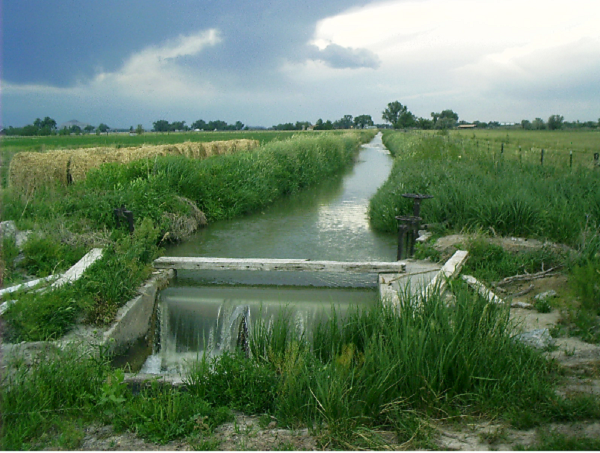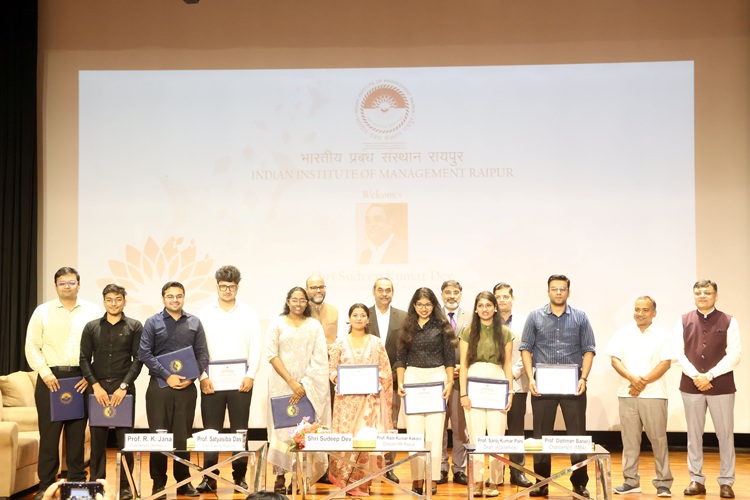 New Delhi (IANS), The National Bank for Agriculture and Rural Development (Nabard) will start issuing bonds next month to collect money for the Rs 20,000 crore Long Term Irrigation Fund, announced by Finance Minister Arun Jaitley in the Union Budget.
New Delhi (IANS), The National Bank for Agriculture and Rural Development (Nabard) will start issuing bonds next month to collect money for the Rs 20,000 crore Long Term Irrigation Fund, announced by Finance Minister Arun Jaitley in the Union Budget.
The cabinet note in this regard has been prepared for approval which would enable Nabard to begin the bonds issue — likely by next month, official sources here said.
The fund is being set up for fast tracking the implementation of incomplete major and medium irrigation projects under Pradhan Mantri Krishi Sinchai Yojana (PMKSY). It will initially focus on 23 identified irrigation projects in nine states having a potential to irrigate 18.6 lakh hectares.
The bonds issue, that will be done in tranches through the remaining part of this fiscal, will see two types of bonds.
“Two types of bonds will be there. One, we will be raising it but the government will repay. From this first source, we expect to raise Rs 6,300 crore. Second type of bonds, for Rs 12,000-15,000 we will raise on our own,” Nabard Chairman Harsh Kumar Bhanwala said here on Tuesday on the sidelines of a seminar on “Doubling Farmers’ Income by 2022” on its 35th foundation day.
“Sources of raising money are three. First two sources are bonds, both will be raised by Nabard but the repayment is different. For government repayments, we are working with department of expenditure in the finance ministry. Third source is close to Rs 1,500 crore that will come from Water Resources Ministry as budgetary allocation,” he said.
The fund could be of even more, though the initial corpus is Rs 20,000 crore, he said.
“In the first month, we will raise minimum Rs 3,000 crore. This is not a public issue. It will be a private placement. The tenure of the bonds should be 15 years and the coupon is likely to be at 8.2-8.3 per cent,” he added.
Interest rate on loans under LTIF will be decided by Nabard in consultation with the government.
“Nabard proposes to charge interest based on weighted average cost of corpus plus reasonable margin to cover transaction cost, provisioning cost and mobilization cost. The proposed repayment period will be up to 15 years with a moratorium of 3 years,” Bhanwala told IANS over e-mail.





0 Comments